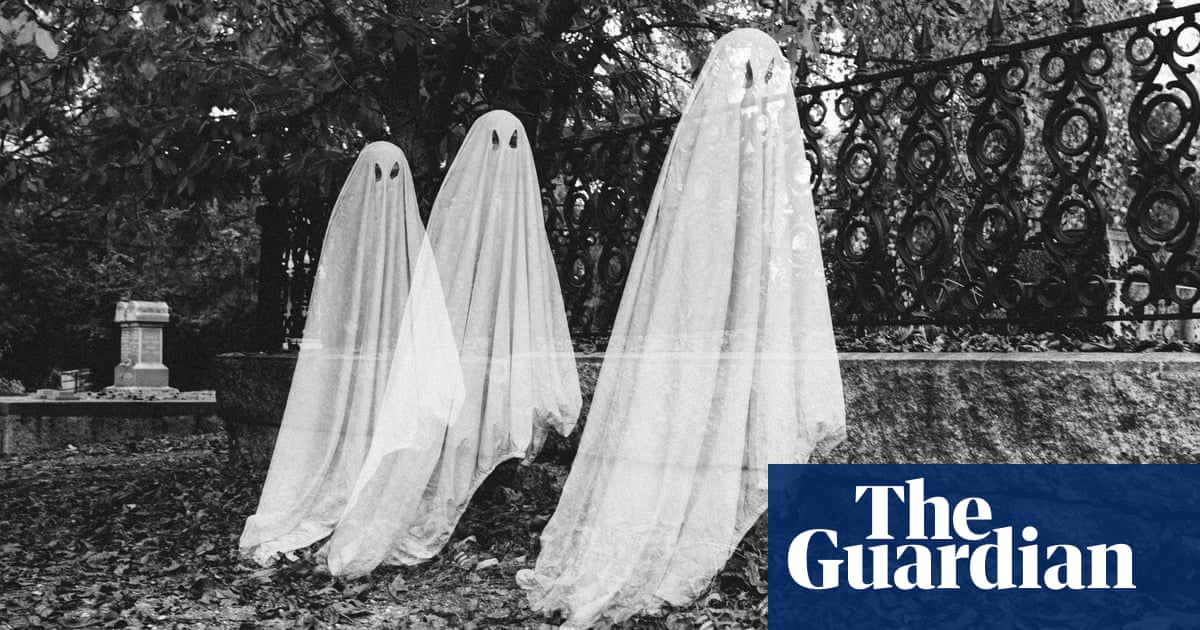
Albert Einstein, along with other Jewish luminaries, including Hannah Arendt, had a letter published in The New York Times on December 4, 1948. That was only a few months after Israel had declared its independence and as hundreds of Palestinian villages were being demolished after their inhabitants were expelled. The letter denounced Israel’s newly founded Herut party and its young leader, Menachem Begin.
Herut was carved out of the Irgun terrorist gang, famous for its many massacres against Palestinian Arab communities leading up to the Nakba, the catastrophic ethnic cleansing of the Palestinian people from their historic homeland in 1947-48.
In the letter, Einstein and his co-signatories described Herut (“Freedom”) as a “political party closely akin in its organization, methods, political philosophy and social appeal to Nazi and fascist parties.”
For a letter of this nature to appear a mere three years after the end of the Second World War and the devastation of the Holocaust is a profound indication of the clear chasm that existed among Jewish intellectuals at the time: The Zionists who supported Israel and its violent birth, and those who took the moral high ground and objected to it. Sadly, the latter group — although still in existence — had lost the battle.
Herut later merged with other groups to form the Likud party. Begin received the Nobel Peace Prize in 1979 and Likud is now the leading party in Israel’s most right-wing government coalition. The philosophy warned of in the letter has prevailed, and it now engulfs and defines mainstream society in Israel.
This right-wing tendency is even more pronounced among young Israelis than previous generations.
Prime Minister Benjamin Netanyahu is the leader of Begin’s party, the Likud. His current coalition includes Russian-born Defense Minister Avigdor Lieberman, founder of ultra-nationalist party Yisrael Beiteinu. In response to ongoing popular protests by besieged Palestinians in Gaza, and in justification of the high number of deaths and injuries inflicted on the unarmed protesters by the Israeli army, Lieberman argued that “there are no innocent people in Gaza.” When the defense minister of a country espouses this kind of belief, one can hardly be shocked that Israeli snipers are shooting Palestinian youngsters while cheering on camera as they hit their target.
This kind of discourse — fascist par excellence — is by no means a fringe narrative within Israeli society. Netanyahu’s coalition is rife with such morally objectionable characters.
Israeli politician Ayelet Shaked has often called for the genocide of Palestinians. They “are all enemy combatants, and their blood shall be on all their heads,” she wrote in a Facebook post in 2015. “Now this also includes the mothers of the martyrs... They should go, as should the physical homes in which they raised the snakes. Otherwise, more little snakes will be raised there.” A few months after the posting of that statement, Netanyahu appointed her as the country’s justice minister.
Shaked belongs to The Jewish Home party, headed by Naftali Bennett. The latter is Israel’s Minister of Education and is known for similarly violent statements. He was one of the first politicians who came out in defense of Israeli soldiers accused of violating human rights at the Gaza border. Other top Israeli politicians followed suit.
On April 19, Israel celebrated its independence day. The “Nazi and fascist” mentality that defined Herut in 1948 now defines the most powerful ruling class in Israel. Israel’s leaders speak openly of genocide and murder, yet they celebrate and promote Israel as if it was an icon of civilization, democracy and human rights. Even cultural Zionists of old would have been horrified at the creature that their beloved Israeli has become, seven decades after its birth.
Certainly, the Palestinian people are still fighting for their land, identity, dignity and freedom. But the truth is that Israel’s biggest enemy is Israel itself. The country has failed to part with its violent politics and ideology of yesteryear. On the contrary, Israel’s ideological debate has been settled in favor of perpetual violence, racism and apartheid.
In the supposed “only democracy in the Middle East,” the margin of critique has grown very limited.
In 1938, Einstein had contended with the very idea behind the creation of Israel. It runs counter to “the essential nature of Judaism,” he said. A few years later, in 1946, he argued before the Anglo-American Committee of Inquiry on the Palestinian issue: “I cannot understand why it (Israel) is needed... I believe it is bad.”
Ramzy Baroud
It is the likes of Netanyahu, Lieberman, Bennett and Shaked who now represent modern Israel and, behind them, a massive constituency of right-wing religious ultra-nationalists, who have little regard for Palestinians, for human rights, international law and such seemingly frivolous values as peace and justice.
In 1938, Einstein had contended with the very idea behind the creation of Israel. It runs counter to “the essential nature of Judaism,” he said. A few years later, in 1946, he argued before the Anglo-American Committee of Inquiry on the Palestinian issue: “I cannot understand why it (Israel) is needed... I believe it is bad.”
Needless to say, if Einstein was alive today, he would have joined the Boycott, Divestment and Sanctions (BDS) Movement, which aims at holding Israel accountable for its violent and illegal practices against Palestinians. Equally true, he would have been branded anti-Semitic or a “self-hating Jew” by Israeli leaders and their supporters. Today’s Zionists are, indeed, unfazed.
But this painful paradigm must be overturned. Palestinian children are not terrorists and cannot be treated as such. They are not “little snakes,” either. Palestinian mothers should not be killed. The Palestinian people are not “enemy combatants” to be eradicated. Genocide must not be normalized.
Seventy years after Israel’s independence and Einstein’s letter, the country’s legacy is still marred with blood and violence. Despite the ongoing party in Tel Aviv, there is no reason to celebrate and every reason to mourn.
Yet, hope is kept alive because the Palestinian people are still resisting; and they need the world to stand in solidarity with them. It is the only way for the ghost of Herut to stop haunting the Palestinians, and for the “Nazi and fascist” philosophies to be forever defeated.
Ramzy Baroud is a journalist, author and editor of Palestine Chronicle. His latest book is ‘The Last Earth: A Palestinian Story’ (Pluto Press, London, 2018). Baroud has a Ph.D. in Palestine Studies from the University of Exeter and is a Non-Resident Scholar at Orfalea Center for Global and International Studies, University of California Santa Barbara. His website is www.ramzybaroud.net. Twitter: @RamzyBaroud












